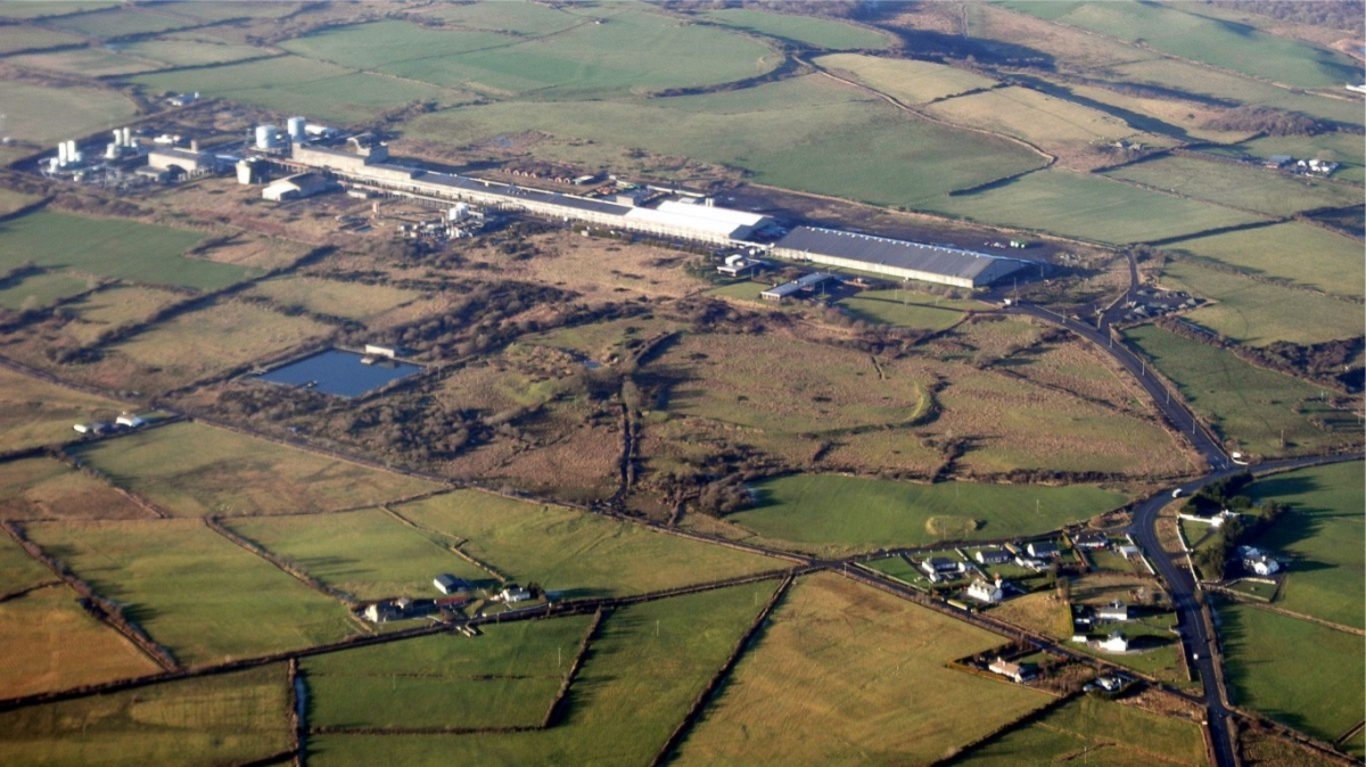Struggling company behind €180m Mayo power plant goes into examinership
Work on the project stopped in July and Mayo Renewable Power is now insolvent.
The High Court has confirmed the appointment of an examiner to the firm constructing a biomass fuelled power plant in Co Mayo.
The plant, located in Killala, is designed to generate electricity and produce biomass woodchips.
It was due to become operational in 2017. Work stopped on the site in July due to funding shortage and the developer, Mayo Renewable Power Ltd, (MRP) is now insolvent and sought the protection of the courts.
Last month the High Court appointed insolvency practitioner Michael McAteer of Grant Thornton as interim examiner to MRP.
The matter returned before Mr Justice Anthony Barr on Monday, who confirmed Mr McAteer as examiner to the company. There were no objections to his appointment.
Protection
The move gives the company the protection of the court and will allow the examiner take steps including securing additional investment so the plant can be completed.
Barrister Kelley Smith Bl for the examiner told the court that Mr McAteer had already held discussions with a number of interested parties,and that the talks have been “positive.”
During the the examinership process Mr McAteer will attempt to put together a scheme of arrangement with creditors, which if approved by the High Court, would allow the company to continue to trade normally.
The proposed 42.5 megawatt biomass fuelled plant, which is designed to generate both electricity and biomass woodchips used as a solid fuel, was 50% complete when work stopped.
Jobs
James Doherty SC, counsel for the company, said the plant was a significant and long planned undertaking and had created 350 jobs during its construction phase. When operational the plant would create 130 new jobs and has the potential to create a further 1000 jobs in the Irish biomass market.
The plant was initially to be funded partly by its parent company, the Delaware, US registered Rockland Mayo LLC for some €80m. It was estimated that the project could require investment of about €18 million.
The remainder was to come from a syndicate of lenders including Ulster Bank, AIB and Barclay’s Bank, which were to provide €118m.
However those funds were not drawn down after a problem emerged with a supplier. The parent did increase its funding by an additional €10m, but new finance from lenders is required.
The company is also facing a damages claim for US$60m brought against it and others in the US courts.
John Sisk & Son, which has given its qualified support for the examinership process, is the main contractor on the site.





